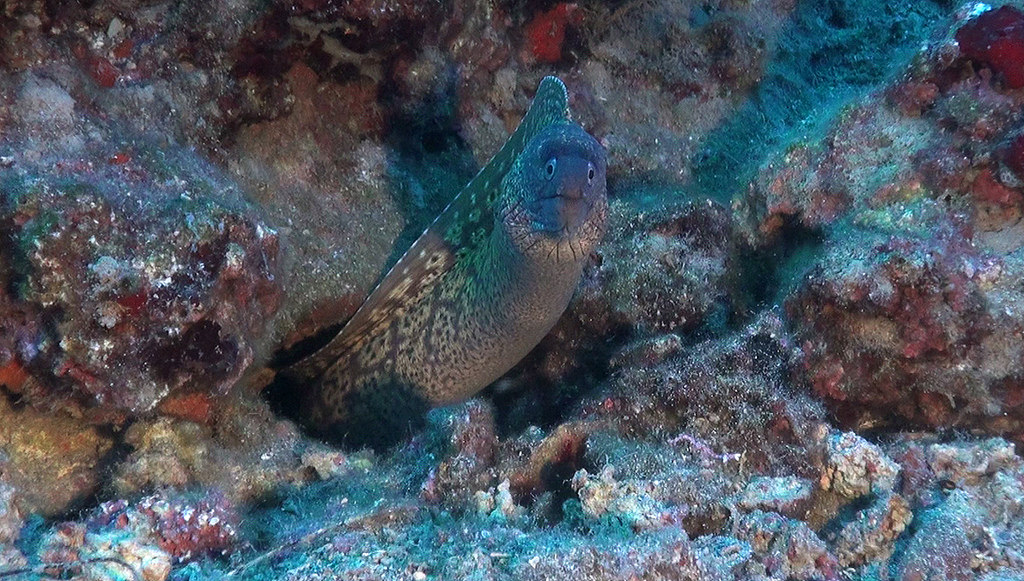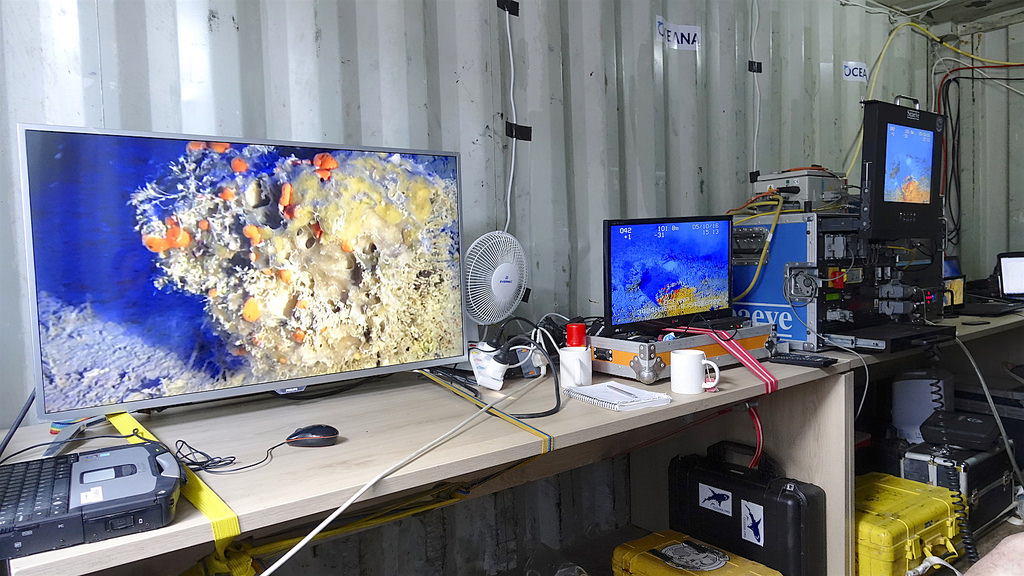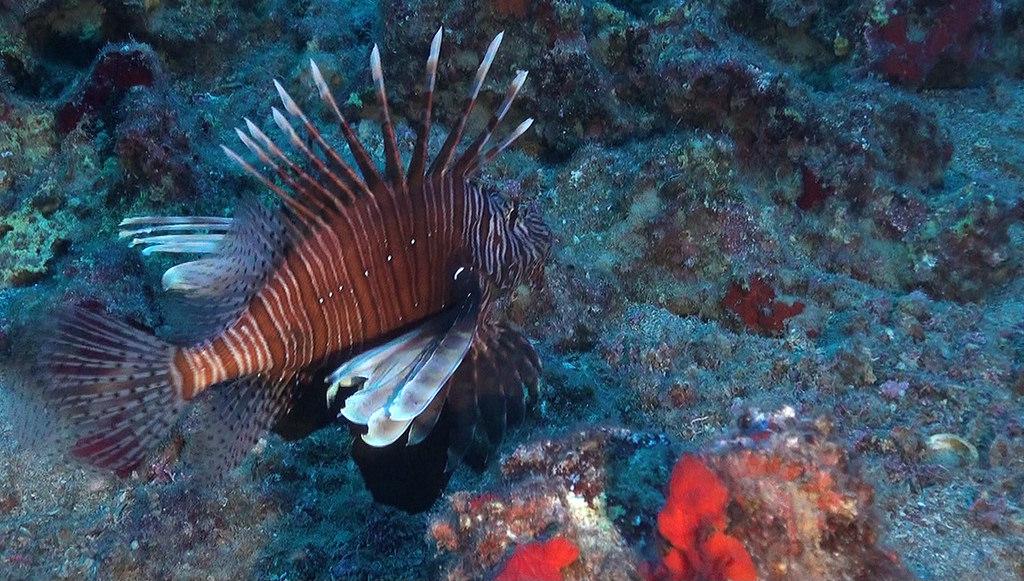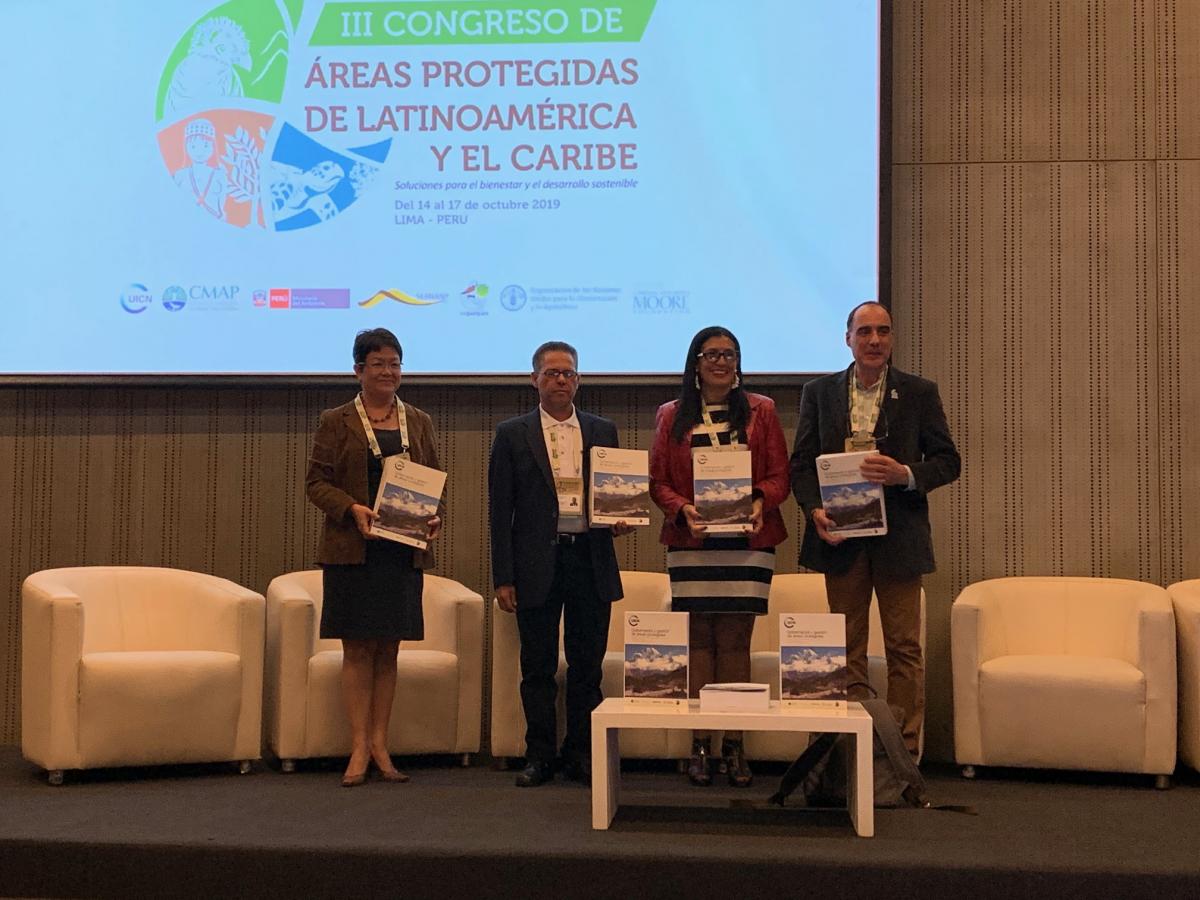Over 200 species found during Deep-Sea surveys of submarine canyons in Lebanon
After a one month deep sea expedition in unexplored areas of the Mediterranean, scientists have found over 200 species, including new records that have only been previously reported in the Atlantic Ocean and in polar regions.
This project was initiated following a request by the Ministry of Environment, in line with its Marine Protected Areas strategy. This project relies on scientific data flow modelling collected, compiled and analyzed by Oceana, IUCN and UNEP/MAP-RAC/SPA, on behalf of the Ministry of Environment with the support of CNRS-L, GFCM and ACCOBAMS, and funded by the MAVA Foundation.
This expedition used an underwater robot operated remotely that surveyed areas down to 1050 metres depth. These robots focused on a system of submarine canyons that is believed to be the most complex one in the Mediterranean, as well as in other deep-sea areas. Unique marine features have been found in Lebanon, which include, a superb belt of coralligenous gardens, beautiful corals, and a huge variety of sponges. Some fish species came as a surprise as well, longnosed skate (Dipturus oxyrinchus) was seen for the first time in the Levantine Sea, and observations of lantern shark (Etmopterus pusillus) marked the first record of this species in the Mediterranean. These preliminary findings have just been shared with Lebanese authorities.
 Photo: Oceana
Photo: Oceana
The findings following this survey will be used to map potential marine protected area (MPA) status and to provide guidance to the Lebanese government for managing these valuable and unique ecosystems deserving protection.
“Lebanon is setting an excellent example for marine conservation in the south-eastern Mediterranean, with its commitment to studying and protecting its deep-sea marine life. By working together, the Lebanese government, local scientists, and international organisations have made a tremendous advance towards the protection of this vulnerable environment. We ask other countries to follow their lead,” said Lasse Gustavsson, executive director for Oceana in Europe.
 Photo: Oceana
Photo: Oceana
About the Project:
The Deep Sea Lebanon Project, launched in 2016, was undertaken following a request for partnership sent from the Lebanese Ministry of Environment in order to carry out biodiversity field surveys in the deep sea in Lebanon, following the adoption by the Lebanese Government of the Lebanon’s Marine Protected Areas Strategy in 2012, in which four sites in the deep sea were identified as potential MPAs and needed further scientific studies for their declaration.
The Lebanese Strategy aimed to create a national network of marine protected areas, in order to fulfill Lebanon’s commitments towards the Convention on Biological Diversity (CBD) and to specifically contribute to the achievement of the CBD Aichi marine target, aiming at the protection of at least of 10% of marine eco-regions in the world by 2020.
For more information:
Oceana: Marta Madina
IUCN: Zyad Samaha or Alain Jeudy





